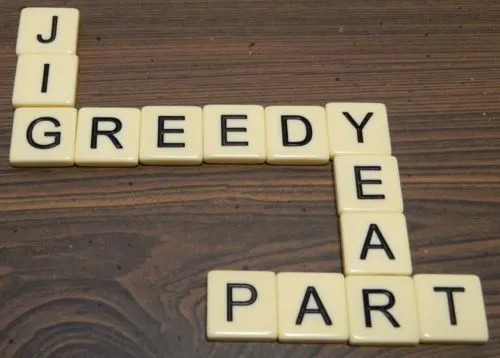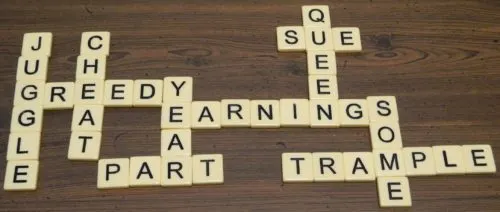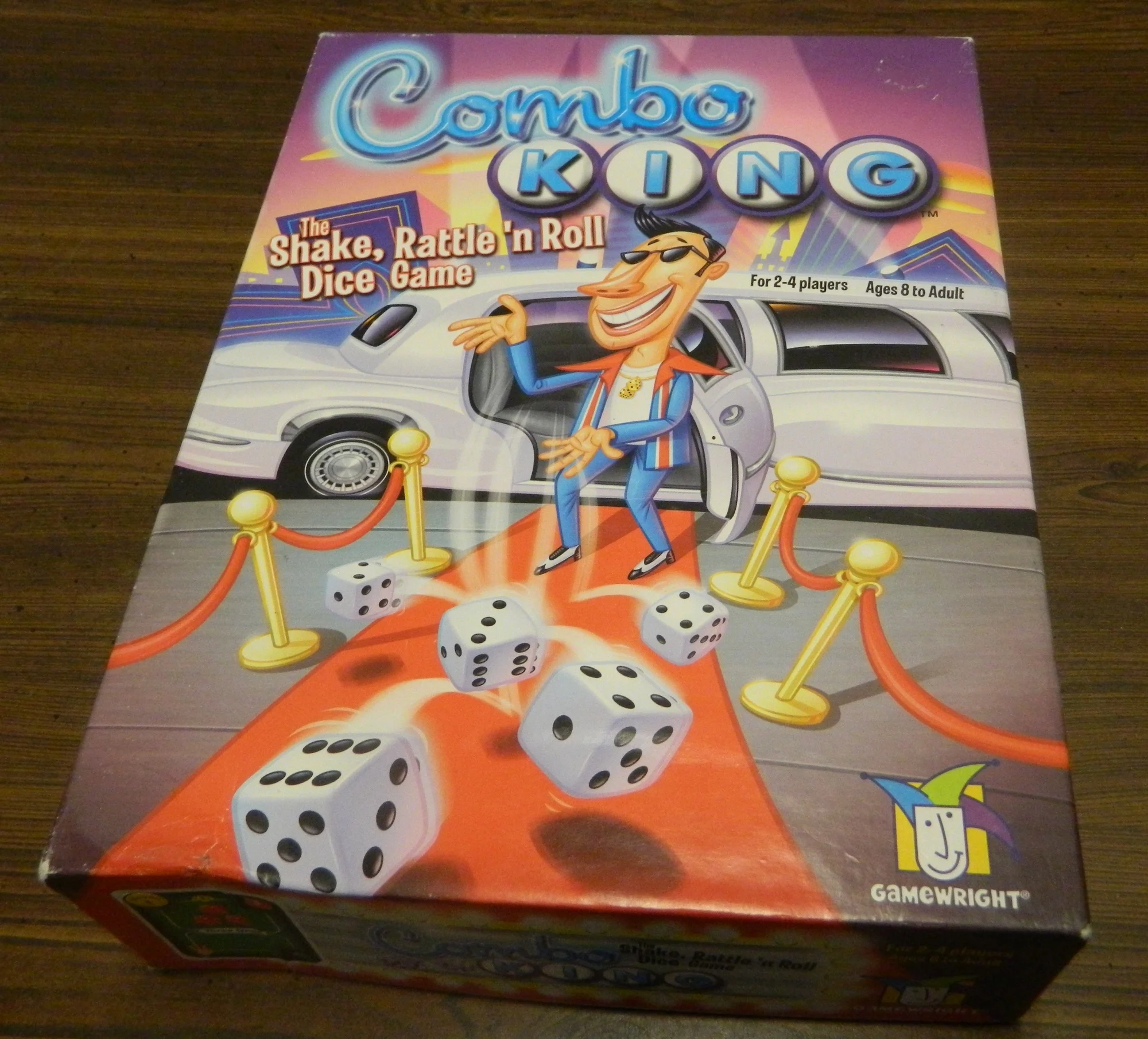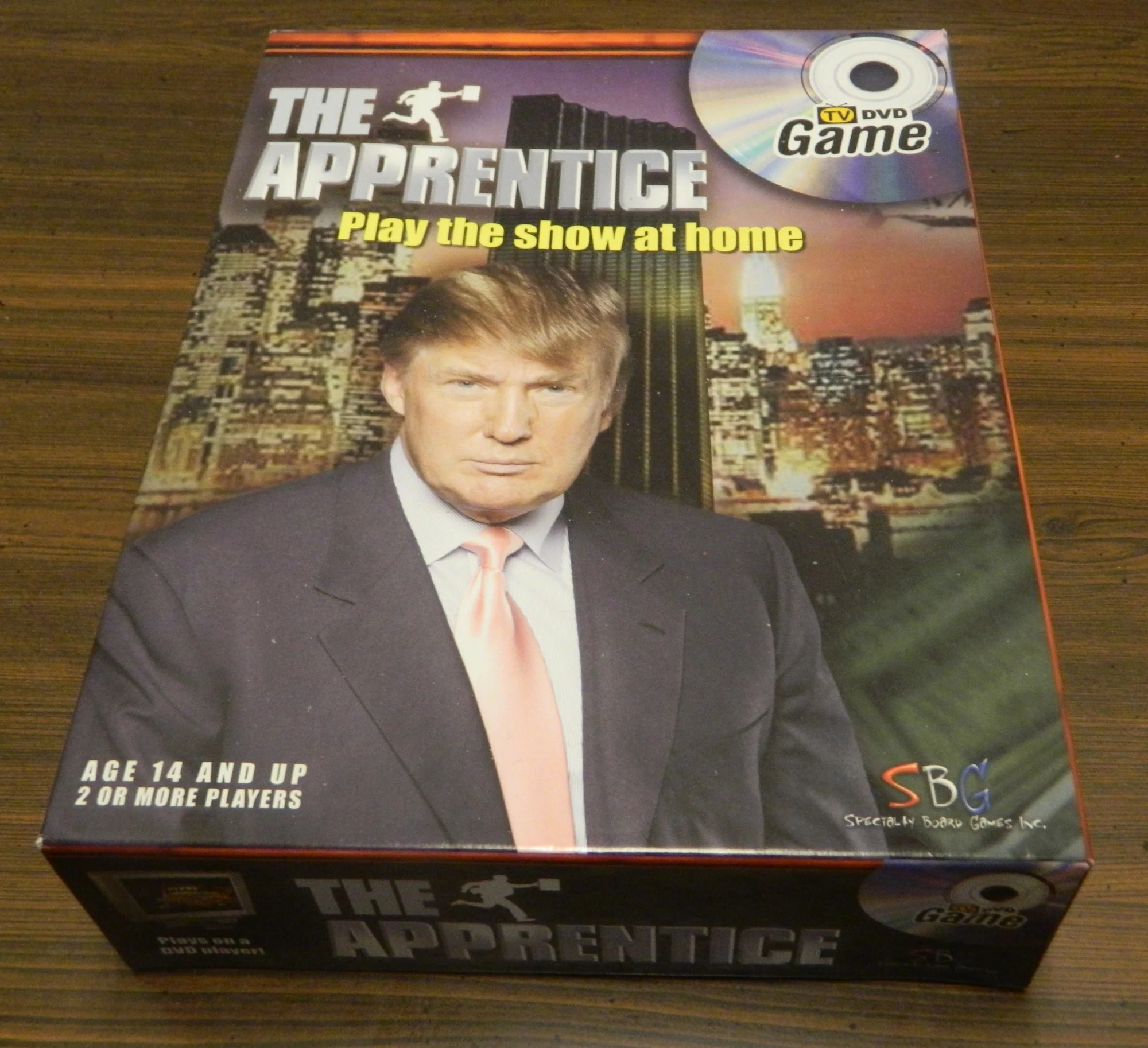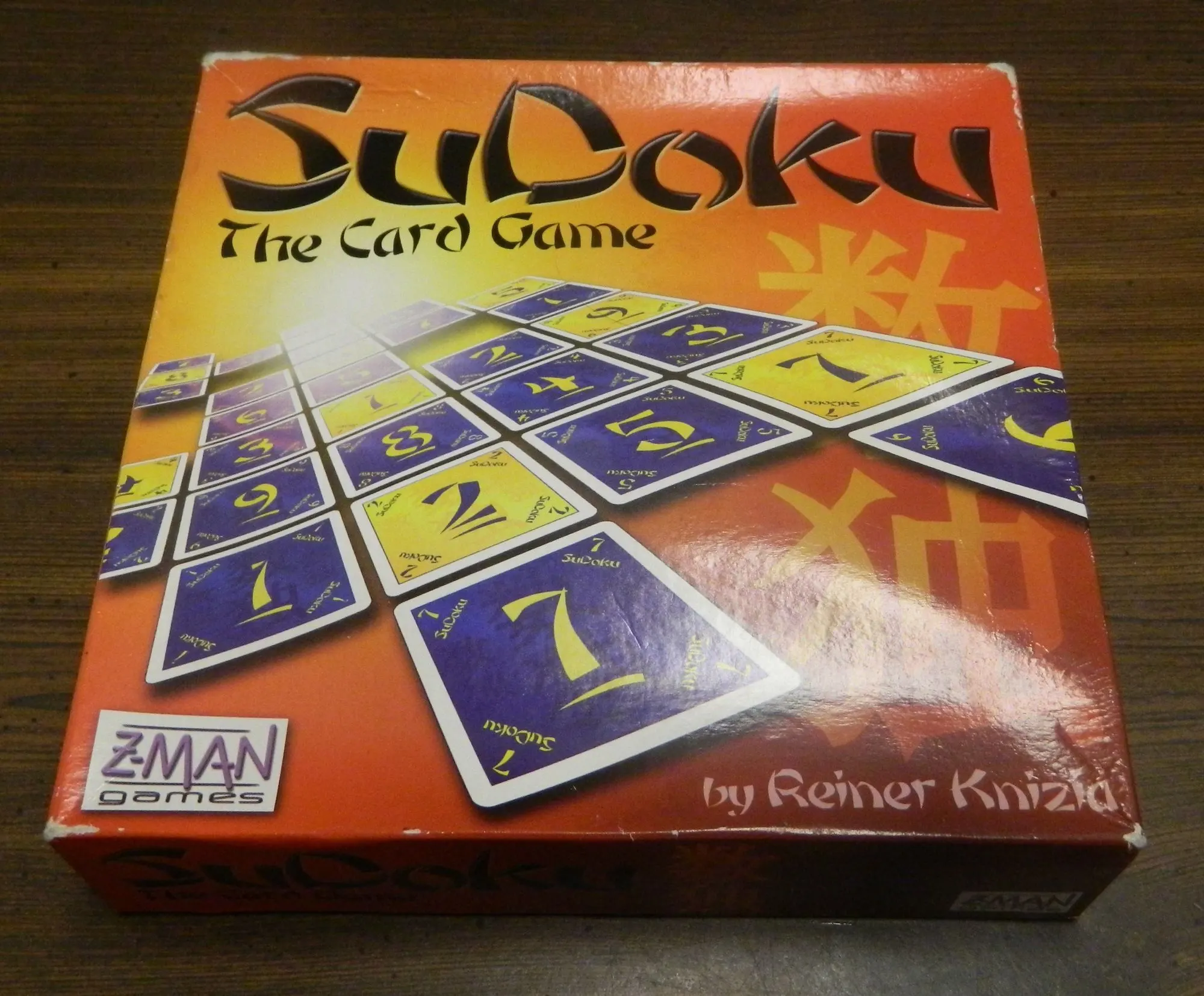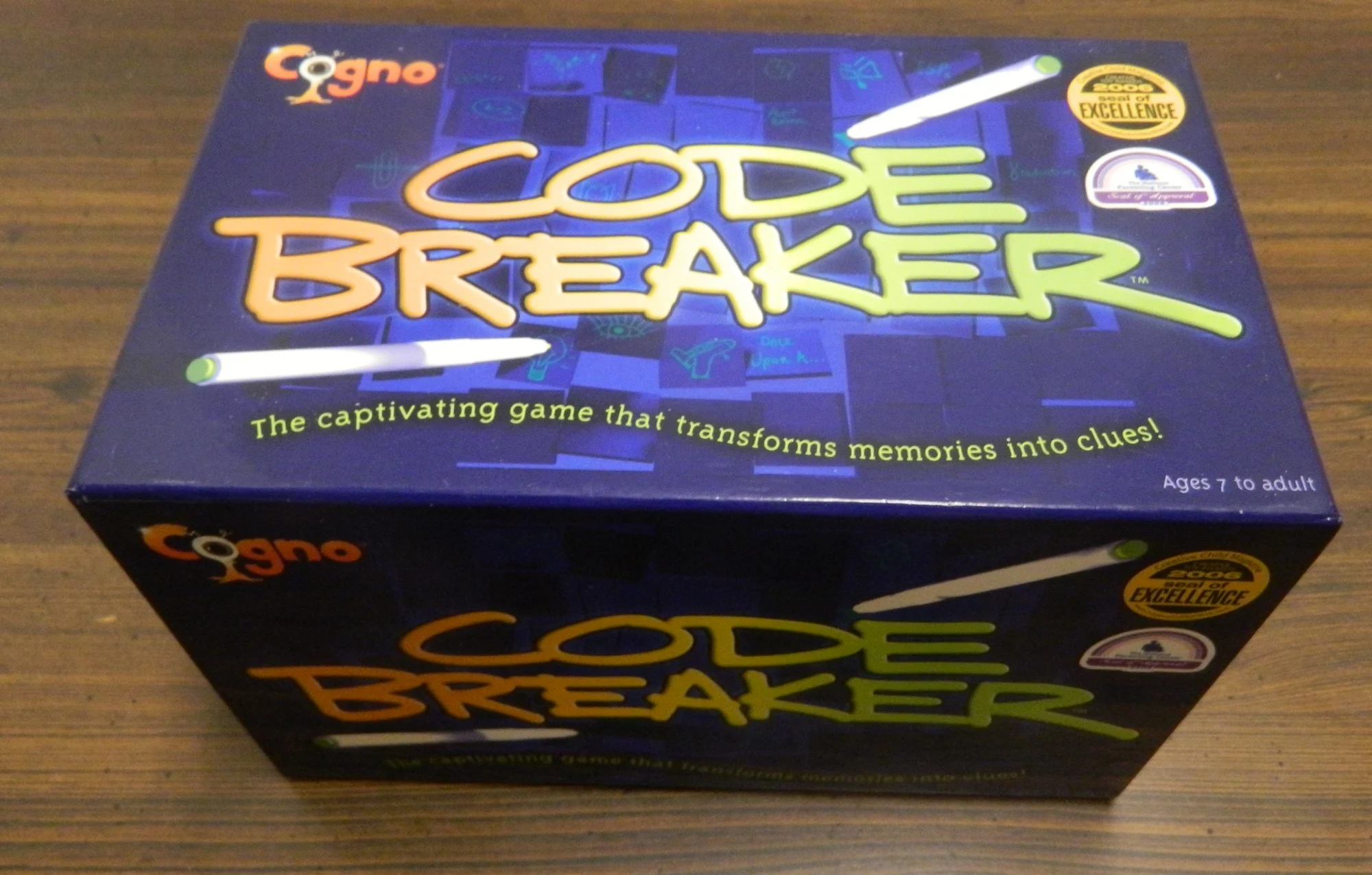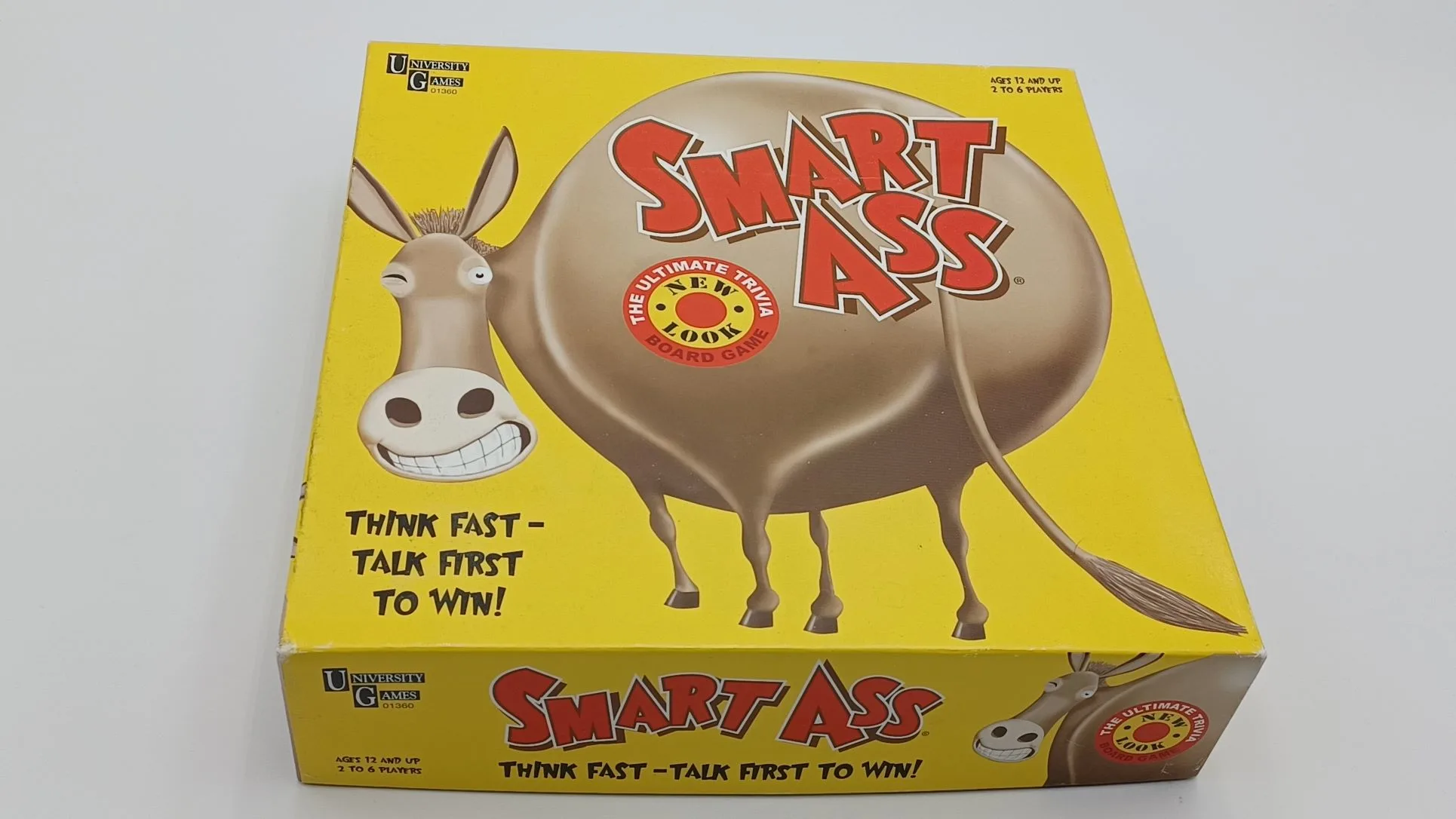Ever since its creation back in 1948 Scrabble has basically been the undisputed king of the word game genre. That somewhat changed back in 2006 when Bananagrams was released. Created by a father and daughter Abe and Rena Nathanson, Bananagrams quickly became a hit board game. Despite this I have to admit that I had never played Bananagrams until recently. This is partially due to the fact that while I am a pretty big fan of word games like Codenames, I would consider myself to be less of a fan of the type of word games based on spelling out words with tiles. I was interested in checking out Bananagrams though as many people consider it one of the best games from the genre. Bananagrams may not appeal to everyone, but I think it succeeds at surpassing Scrabble to become one of the better word games that have ever been created.
How to Play Bananagrams
Bananagrams features a couple different games that you can play with the tiles. I will begin with the basic game whose rules mostly apply to the other games as well.
Setup
- Place all of the tiles facedown in the middle of the table. These tiles are referred to as “The Bunch”.
- Each player takes tiles to form their starting tiles based on the number of players:
- 2-4 players: 21 tiles
- 5-6 players: 15 tiles
- 7-8 players: 11 tiles
Playing the Game
To start the game one of the players calls out “Split”. All of the players will then begin playing at the same time.
Players will flip up their tiles and start trying to use them in order to form words in a crossword format. When players form their crossword words must read from left to right and up to down. Players may rearrange their tiles and form different words at any time.
When creating words players may not use the following:
- proper nouns
- abbreviations
- unacceptable words
When one of the players has created interconnected words with all of their tiles, they will call out “Peel”. At this point all of the players (including the player to call “Peel”) must take one tile from the bunch.
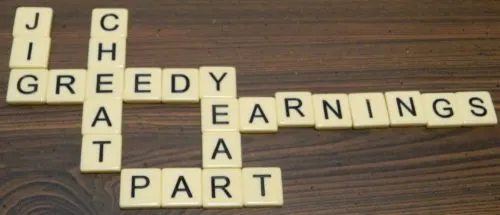
This player has used all of their current tiles in words. They will call out “Peel” and everyone will draw one tile from the pile.
If a player does not like one of their current tiles they may say “Dump” and return the tile to the Bunch. They will then draw three tiles from the Bunch to replace the tile they returned. When a player takes this action it doesn’t impact the other players.
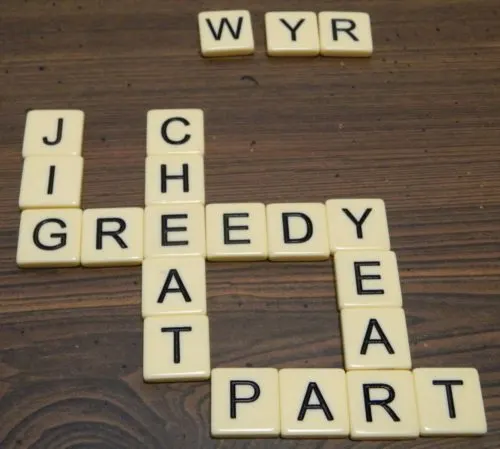
This player can’t figure out a way to use their last three tiles. They have chosen to dump one of their tiles. They will return it to the Bunch and draw three new tiles.
End of Game
When there are not enough tiles left for all of the players to take one tile, the end game will begin.
The first player to use all of their tiles in a word in their crossword will call out “Bananas”. If all of the words in their crossword are real words, are spelled correctly, and don’t violate one of the other rules; they will win the game.
If the player has an improper word in their crossword they are eliminated from the game. All of the eliminated player’s tiles are returned to the Bunch and the rest of the players continue playing.
Best Of
If players want a longer game they can choose to play several rounds back to back. The players will choose how many rounds to play. The player that wins the most rounds wins the game.
Banana Smoothie
At the beginning of the game all of the tiles are split evenly between the players.
The normal gameplay is the same as the basic rules except that players can’t Peel or Dump.
The first player to use all of their tiles and call out “Bananas” wins the game. If none of the players can use all of their tiles, the game heads to a tiebreaker. The player with the longest word in their crossword wins the game. If there are two or more players tied for the longest word you will play another round to determine the winner.
Banana Cafe
Each player will take 21 tiles to start the game.
The normal gameplay is the same except that players won’t Peel.
The first player to use all of their tiles and call out “Banana” will win the game.
Banana Solitaire
Randomly take 21 of the tiles.
When trying to form words there are two high scores that you can try to beat. First you can try to use all of the tiles quicker than your previous fastest time. Otherwise you can try to use the tiles in as few of words as possible.
My Thoughts on Bananagrams
So I want to begin by saying that most people will probably already have a pretty good idea about whether they will enjoy Bananagrams if they have ever played Scrabble or another similar word game. I say this because in many ways the game shares a lot in common with other games from this genre. The gameplay revolves around using the letter tiles you draw to form words into a crossword. While the game has one somewhat significant difference which I will get to shortly, your feelings towards these type of games likely won’t change much as it pertains to Bananagrams. If you have never liked Scrabble or other similar games, I don’t see this changing with Bananagrams. Those that like these type of games though will probably enjoy Bananagrams as well.
The one area where Bananagrams really differentiates itself is that it adds a speed element into the mix. Instead of each player taking their own turn to add to the crossword formed on the Scrabble board, each player will create their own grid. Players also don’t take turns as they can form words as quickly as they want. Instead of trying to maximize your score, the goal of Bananagrams is just to try and play all of your tiles as quickly as possible. If you aren’t a fan of quick speed games, this might not be for you. The game can get kind of chaotic at times as players try to form words as quickly as possible. Some people are likely to find this kind of stressful.
This adds a really interesting element to a game like Scrabble though. Success in Scrabble mostly comes down to player’s vocabulary as well as how good they are at manipulating the board in order to maximize their score. To do well in Bananagrams you just need to use all of your tiles as quickly as possible. You can form long words that use quite a few tiles, or you can focus on short quick words that you can chain together easily. You probably don’t want to focus too much on either though as it will likely slow you down or create issues using your last tiles at the end of the game. This addition just gives players more flexibility in the words that they form. Instead of having to work your tiles into an already formed crossword, you can always choose to rearrange tiles in order to create new words. As each player has their own grid other players can’t mess with your plans as well. A large vocabulary is still helpful obviously, but I think you could still win the game against a player with a larger vocabulary.
Another benefit of the additions to Bananagrams is that it does a good job speeding up the game. This mostly comes from the fact that all of the players play at the same time. Instead of having to wait for the other players to find the perfect word to play, players instead can just focus on their own thing. There is no downtime in the game as all of the players are playing up to the very end of the game. Players that get out to a fast start obviously have an advantage in the game, but you can also come back quickly at the end of the game to steal the victory. As I have never been much of a fan of player elimination, I like that the game keeps players in the game until the very end.
Honestly the main reason that I like the speed mechanic though is just that it is a lot of fun. I have always been a fan of speed games, and this is no different with Bananagrams. There is just something really enjoyable about trying to arrange your tiles as quickly as possible in order to form words. Your vocabulary skills are important, but your ability to think on your toes is just as important. People that like the concept of Scrabble, but don’t like its slower pace will probably really appreciate this. This is the main reason that I think Bananagrams is superior to Scrabble and most other spelling-based word games.
Bananagrams’ fun gameplay is supplemented by the fact that the game is really easy to play. It may take some time to remember what peel and dump mean, but otherwise the game is really straightforward. Just use your tiles to come up with words and have the words intersect one another in a crossword fashion. The rules can honestly be taught within just a couple of minutes. The only real age limitation on the game is that children know how to spell enough words in order to be able to form a crossword. In fact I think the game has quite a bit of educational value as it can help children with their spelling and vocabulary at the same time.
In addition to being easy to play, the game also plays quickly. The length of the game will somewhat depend on the skill of the players and which letters are drawn, but most games move at a brisk pace. I would guess that most games will take between ten to twenty minutes. This makes Bananagrams a great filler game. Whether you want something to break up more complicated games or you want a few quick rematches, the game shouldn’t take too long to complete. When you add in the game’s travel pouch it also makes the game great for when you are traveling.
Speaking of the game’s pouch I thought Bananagrams components were also quite good. The pouch is durable and small enough that it is easy to transport. In addition I thought the letter tiles were quite good as well. The tiles aren’t particularly flashy, but they are durable. The tiles are pretty thick and the letters are engraved where you shouldn’t have to worry about the letters fading off without heavy wear. With the game retailing for a pretty low price to begin with, there really isn’t anything to complain about with regards to the components.
I enjoyed playing Bananagrams as it is arguably one of the best games that I have played in this spelling word game genre. The game does have a couple of issues though.
First this isn’t a huge deal for me, but Bananagrams doesn’t have a lot of player interaction. Outside of having to add a tile to your group each time someone says peel, the actions of the other players don’t really have any impact on you. Basically each player is doing their own thing. The only real competition in the game is trying to use all of your tiles before the other players. The game is a pretty solitary game as each player does their own thing until someone wins. For this reason Bananagrams actually works pretty well as a single player game. The problem is that players that are looking for player interaction are likely to be disappointed.
The other issue that I had with Bananagrams regards the scoring system. The game doesn’t really have one which makes sense. I don’t really know if there was anything that could have been done other than giving the win to the first player to finish. The problem this creates though is that it really doesn’t matter what you do throughout the game until the very end of the game. A player could end up not calling peel once in the entire game and still end up winning the game as they got the right tiles at the end of the game. Basically it doesn’t really matter if you do well in the early game as outside of getting into a hole it makes no difference in how well you do early in the game. I don’t know what the game could have done to address this, but it kind of feels unfair to only reward the player that finishes first at the end of the game.
Should You Buy Bananagrams?
Bananagrams basically gives you exactly what you would expect. The game shares a lot in common with your typical word game like Scrabble as players arrange letter tiles in order to form words. The things that differentiate it though is that each player forms their own crossword and all of the players play at the same time. Instead of a reliance on just a player’s vocabulary and ability to utilize the board to maximize their score, the game also relies on players being quick on their feet. Each player is in the game until the very end and the game remains interesting as you don’t have to wait for other players to make their moves. This might be overwhelming for some players, but I thought the speed elements really helped the game. Bananagrams is quick and easy to play where anyone who can spell should have no problems playing it. The game’s biggest flaws are just that there isn’t a lot of player interaction and the scoring could have been a little better.
My recommendation for Bananagrams is pretty simple. If you have never really cared for games that rely on you creating words or speed games in general, Bananagrams is unlikely to be for you. Those that like word games though and think the addition of a speed element sounds interesting should really enjoy Bananagrams and should pick it up.


